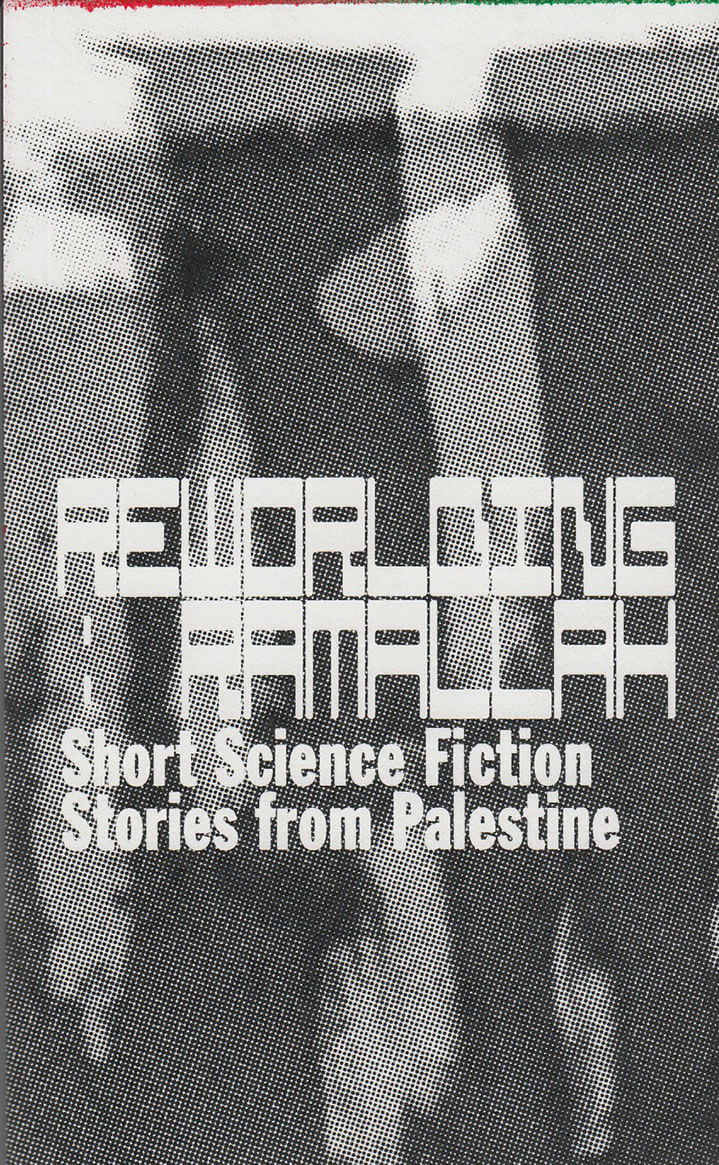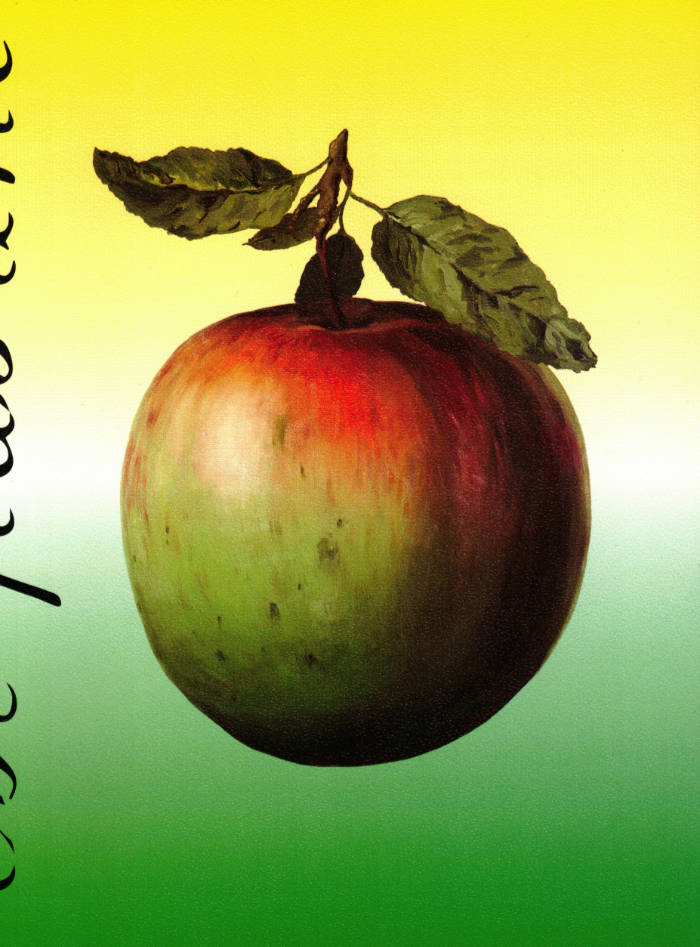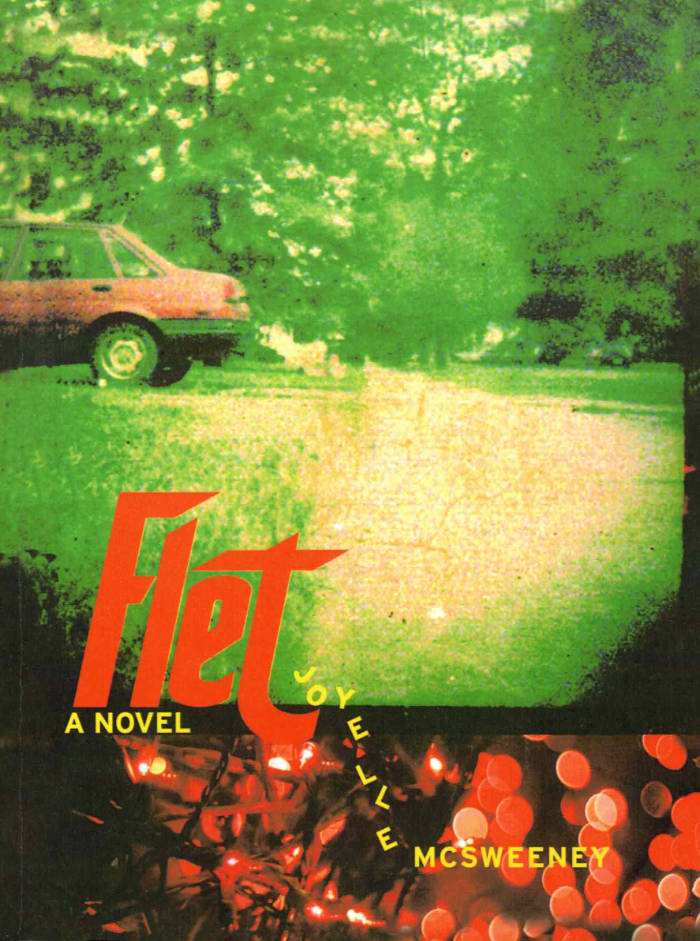
Rewordling Ramallah
Critical science fiction, on its most basic level, is an opportunity to experiment with new ways of existing in the world; imaging different, economic, political and social structures. Within its pages, science fiction holds the space to test ambitious projects without the fear of failure. Reading and writing science fiction is, in all its imaginative and disruptive potential, something which I believe is valuable to anyone living under conditions which they wish to change.
‘Reworlding’ is the name given to a concerted effort to reimagine the places and spaces we inhabit, by generating a multiplicity of futures with which to affect the present positively. Reworlding takes the notion of worldbuilding beyond any ostensible purpose as art or entertainment and deploys aspects of it as a radical tool to instigate change in the world.
The stories compiled in this book were the outcome of a writing workshop series led by Callum Copley in a town called Birzeit, a few miles north of Ramallah, Palestine. From alien experiments, to fortune-tellers and telepathic conspiracies; the stories compiled here represent visions of the West Bank and beyond, reworlding both the local and the interplanetary. Although the contributions in the collection vary in form, length and style, all join a rapidly growing but comparatively small niche of Palestinian science fiction.
Language: English





